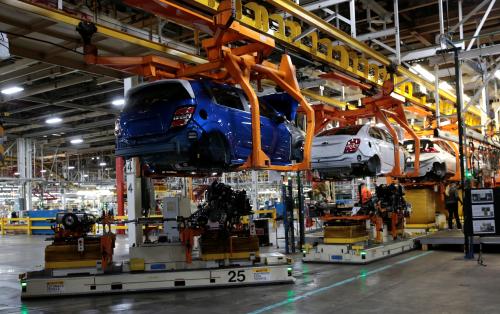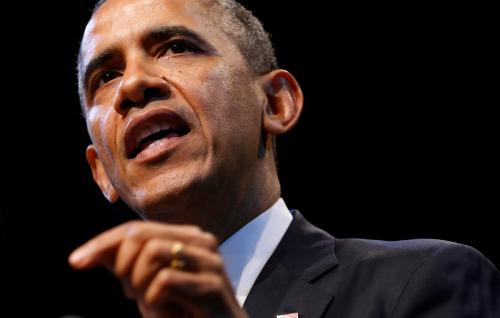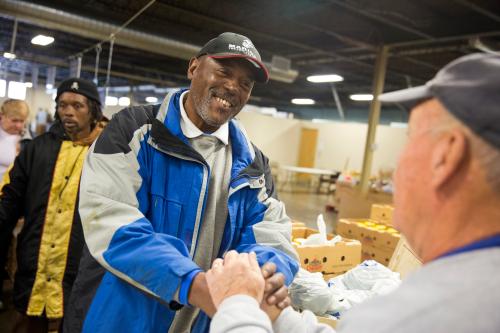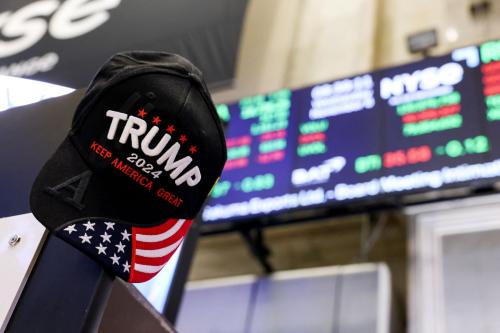“This book is far from all good news,” begins Tyler Cowen’s Average is Over. No kidding, Tyler. In the eminently readable pages that follow, the economist-blogger outlines a predicted future where technology cleaves society into two disparate classes. The winners will be those whose skills complement those of the new machines. The losers will be, well, everyone else.
Hyper-meritocracy?
Mechanized intelligent analysis means that markets in Cowen’s iWorld are exceptionally accurate at measuring an individual’s economic value. As a result, America will become a “hyper-meritocracy,” where many careers become more demanding as employers will be able to measure economic value with “a sometimes oppressive precision” and “…the self-motivated will find it easier to succeed than ever before.”
Upward mobility will be contingent on self-motivation, not on family background. This means the “slacker twenty-two-year-old with a BA in English, even from a good school” will no longer have a “clear path to the upper-middle-class.”
Divided by Social Capital
But Cowen doesn’t consider the impact of social networks in his sketch of the future. These and other sociological factors, however, seem likely to play a significant role in determining economic prospects.
Divided by outcomes, winners and losers are likely to have few chances for meaningful engagement with one another. For one thing the two groups are likely to live in entirely separate communities, and this residential economic segregation will mean that they share few common institutions. For these and a variety of other reasons, it is easy to imagine a highly polarized world providing little opportunity for upward mobility.
In Cowen’s world, income inequality is justified by meritocracy, and this framework is self-reinforcing. The values of the wealthy class “will shape public discourse, and that will mean more stress on ideas of personal ambition and self-motivation.” The policy choices that result from this framework is “a welfare state where we pay as much as we can afford to, and then no more.”
Undesirable, but Plausible
Perhaps most disheartening is the frightening plausibility of the predictions. Cowen notes that the contemporary labor market woes of young workers are “a harbinger of the new world of work to come,” because “lacking the right training means being shut out of opportunities like never before.” The accelerated hollowing-out of the American economy in the wake of the recession bodes poorly for the revival of the middle class. About 60 percent of the jobs lost during the downturn were mid-wage occupations, and 73 percent of the jobs that have been added during the recovery have been low-wage jobs. Political debates are highly polarized, and the political power of the winners in today’s society far outstrips those of the less-fortunate in ways that continue to suggest a vicious circle. For those committed to a more sanguine future, a great deal of work lies ahead.





Commentary
Not Afraid of Tyler Cowen? You will be… A Review of Average is Over: Powering America Beyond the Age of the Great Stagnation
October 15, 2013